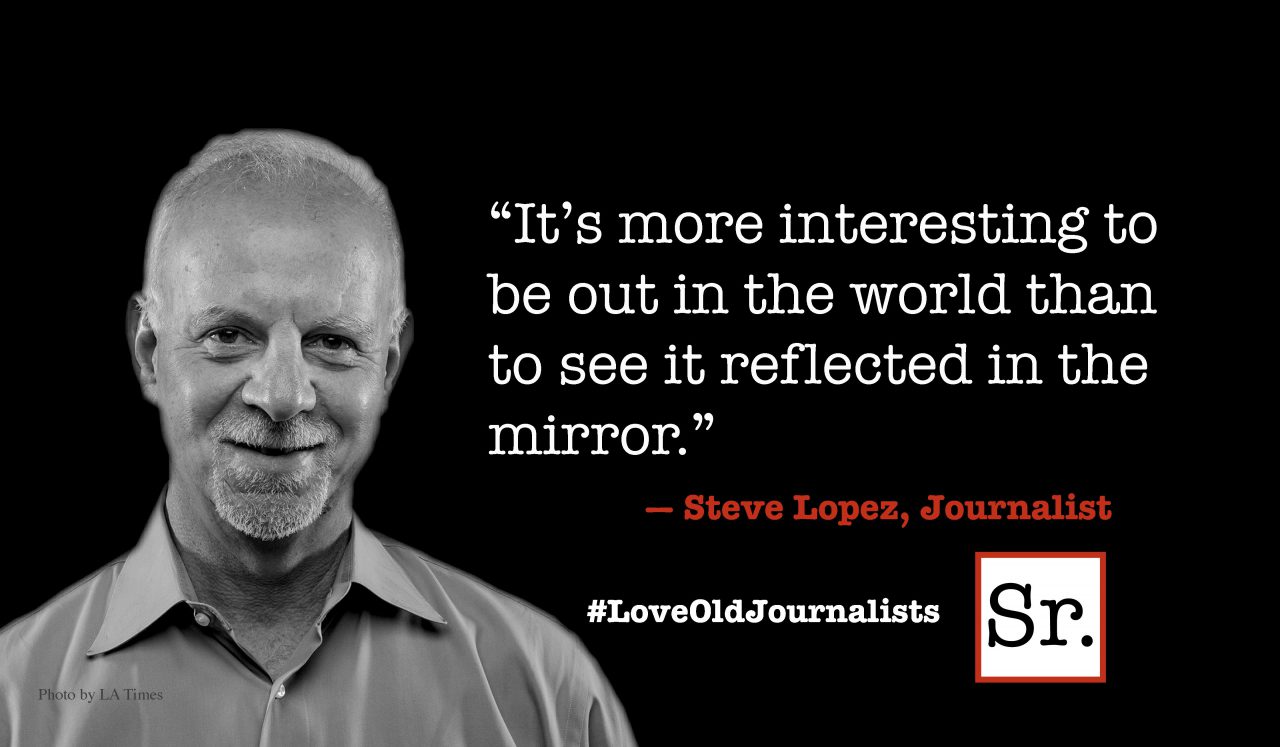Will the next American president turn his or her back on free trade and rethink concepts that underpinned U.S. foreign policy for the past seven decades?
The question stems from an unusually contentious election campaign featuring two rivals, Hillary Clinton and Donald Trump, who make no secret of their contempt for each other and don’t see eye-to-eye on any issue except opposition to free-trade agreements in general and the Trans-Pacific Partnership (TPP) in particular.
In Clinton’s case, this brings her into conflict with her former boss and fellow Democrat, President Barack Obama, who has described TPP as “a new type of trade deal that puts American workers first.” He hopes it will cement his free-trade legacy.
One of the most ambitious free-trade agreements ever concluded, TPP ties together the United States and 11 countries on the Pacific Rim that account for around 40 percent of world trade and have a combined population of more than 800 million. After more than five years of negotiations, the pact was signed in February by representatives of the United States, Japan, Australia, Canada, Brunei, Chile, Malaysia, Mexico, New Zealand, Peru, Singapore and Vietnam. China, the world’s second-biggest economy, is excluded.
TPP is about more than reducing tariffs on trade with one of the world’s fastest-growing regions — it has as much, or more, to do with geopolitical power and America’s standing in the world. “TPP allows America — and not countries like China — to write the rules of the road in the 21st century,” Obama said in hailing the signing. “Put simply, TPP will bolster our leadership abroad and support good jobs here at home.”
Writing the rules of the world economy has been a pillar of American foreign policy ever since the end of World War II, when the United States began reducing its import taxes and called on other countries to follow suit. The resulting system spurred trade and helped to prevent conflict. It was “dreamed up as a way to prevent world wars,“ in the words of Robert House, a professor of international law at New York University.
Free trade, one of the driving forces of globalization, became a hot subject in the 2016 presidential campaign largely because of vocal opposition from angry working class voters in battleground states, such as Ohio, where trade is blamed for painful losses of manufacturing jobs. Towns with idle factories have been common stops for candidates hoping to capture the votes of the disenchanted.
They could tip the scales in a tight race, which helps explain the anti-trade positions of Trump and Clinton. But perhaps surprisingly, given the harsh tone on the subject, there is no overwhelming public opposition to free trade or TPP. According to a series of polls, Americans generally favor free trade.
That kind of nuance, of course, does not play well on the campaign trail, where bumper sticker slogans trump thorough discussion of the multifaceted deal, whose details are laid out in 6,000 pages.
It is worth noting that only six of TPP’s 30 chapters are devoted to traditional trade issues. The rest deal with topics that range from the unhindered flow of data and information and the protection of intellectual property to labor standards and rules on the environment. There is a two-year ratification period, and the deal would take effect once the six biggest countries approve the final text.
That weighty package is now before Congress. Obama has expressed hope that legislation required to approve TPP can be passed during the “lame duck” session of Congress — between the November 8 election and the next administration taking office. "We are part of a global economy. We're not reversing that," he said at a press conference in August, explaining that he would discuss with lawmakers the benefits of TPP and stop it from being treated like a “political football.”
So far, it is. In line with his oft-repeated contention that successive administrations have been run by “very foolish or very stupid people” who allowed themselves to be outsmarted by clever foreign leaders, Trump has described TPP as a disaster and “a rape of our country.” If elected, he would prevent its ratification and, for good measure, tear up the 23-year-old North American Free Trade Agreement (NAFTA) between Mexico, the United States and Canada. He blames that pact for the loss of American manufacturing jobs as U.S. companies moved production to Mexico to take advantage of lower labor costs.
Trump's position ignores positive results. For example: in 1993, the United States sold cars and parts worth around $10 billion to Mexico. That has risen to more than $70 billion now.
When Clinton was Obama’s secretary of state, she was a vocal champion of TPP. She gave 45 speeches in support and praised it as “a deal that sets the gold standard in trade agreements.” Now she is opposed to it, saying the agreement does not meet her standards for “more new, good jobs for Americans.”
That conversion brought her closer to her left-wing Democratic rival in the primaries, Sen. Bernie Sanders, who has long argued that free trade serves corporate interests and Wall Street but not the American worker. Clinton’s flip-flop on the issue added ammunition to critics who see her as an opportunist without core convictions.
Such views have prompted speculation that once in office, Clinton will change her mind on free trade. She would follow a prominent example: Barack Obama. A key plank in his 2008 campaign platform was opposition to free trade and harsh criticism of NAFTA, a pact he said he would renegotiate. Once in the White House, he did no such thing.
Instead he signed three bilateral trade deals — with South Korea, Panama and Colombia — that were initiated by the administration of George W. Bush.








